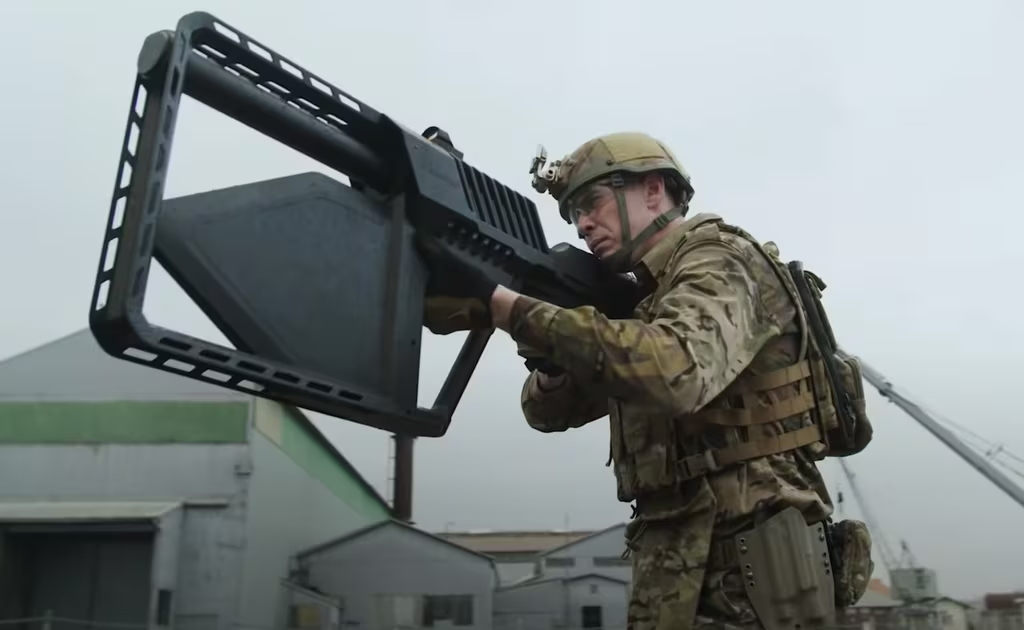In response to escalating surveillance and direct threats to U.S. forces in Africa, particularly in the Red Sea region, the United States Africa Command (AFRICOM) has placed counter-uncrewed systems and integrated air defenses at the forefront of its $500 million unfunded priorities list (UPL). The UPL, a congressionally mandated report, outlines AFRICOM’s critical needs that were not included in the year’s formal budget.
The fiscal 2025 UPL, which was presented to lawmakers last month, indicates that AFRICOM would allocate $219 million to establish a “layered base defense configuration.” This defense system would include the National Advanced Surface-to-Air Missile System (NASAMS), interceptors, radars, and other equipment designed to counteract small to medium-sized drones.
AFRICOM’s concerns are shared by other military branches and combatant commands, including the US Army and US Central Command, which have also emphasized counter-uncrewed aerial systems (cUAS) on their respective unfunded priorities lists. This collective focus has been sharpened by the recent conflict in Ukraine, where the effectiveness of drone and loitering munition attacks was prominently displayed.
In addition to counter-drone measures, AFRICOM plans to invest $228 million in high-risk intelligence, surveillance, and reconnaissance (ISR) services. This investment aims to address the current shortfall in ISR solutions, which poses a significant risk to service members deployed in Africa. Without sufficient airborne ISR for persistent collection, AFRICOM warns it will struggle to carry out counter-terrorism operations, gather intelligence to counteract efforts by the People’s Republic of China (PRC) and Russia, and conduct non-combatant evacuation operations (NEO), among other missions.
During a Congressional testimony on March 4, AFRICOM chief Gen. Michael Langley highlighted the strategic importance of Djibouti, home to America’s largest facility in Africa and located near China’s only overseas military base. He emphasized Beijing’s deep investment in the Horn of Africa and the broader African continent.
The UPL also notes the value of commercial ISR services as a temporary solution to meet operational demands while pursuing modernization efforts. Beyond the primary investments in counter-drone systems and ISR services, AFRICOM’s UPL includes five additional programs totaling less than $50 million. These programs encompass equipment for a data integration team, funding for additional Security Force Assistance Brigade deployments, and long endurance airborne ISR capabilities.
The urgency of these priorities is underscored by the classified nature of the risks involved, with further details available at a higher classification level. The UPL is marked CUI (controlled unclassified information), a designation that has been the subject of controversy.
AFRICOM’s prioritization of counter-drone systems and ISR services reflects a proactive approach to addressing the evolving threats in Africa and safeguarding U.S. forces in the region.
